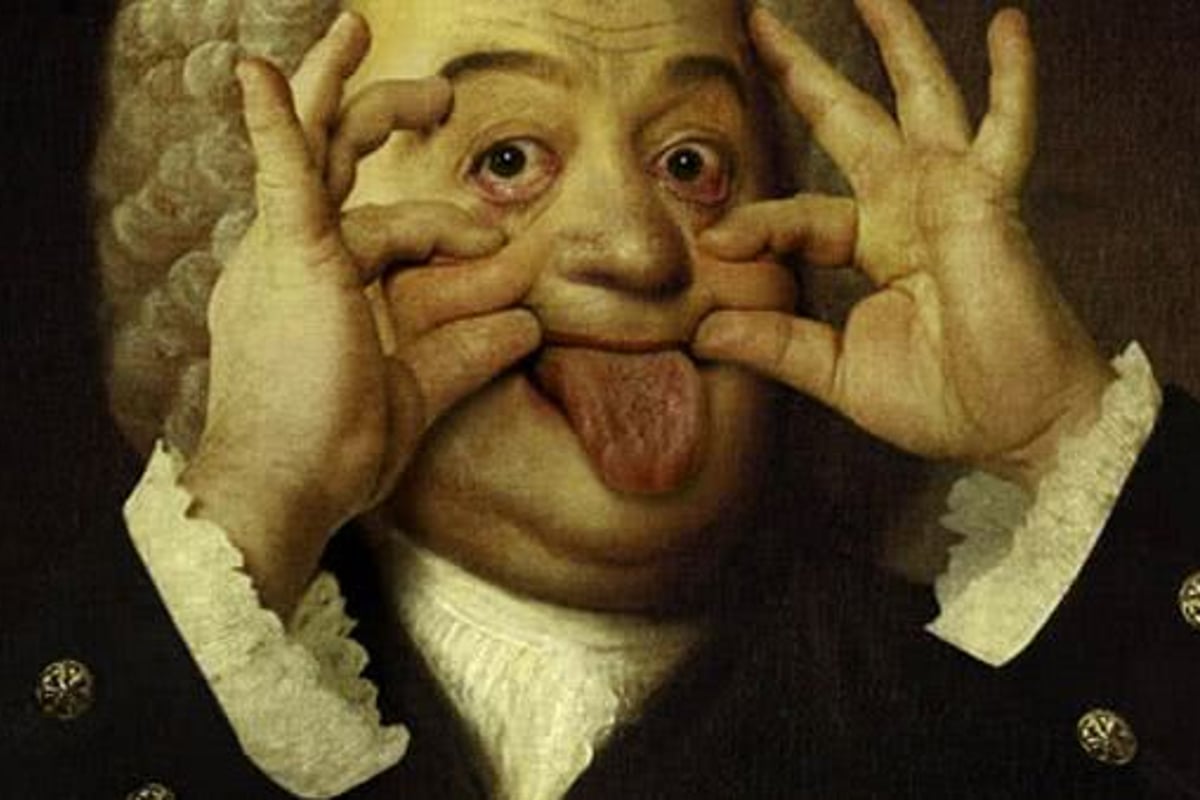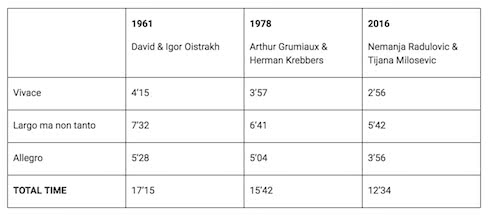Performances of classical music are getting quicker

A new study looking into the works of Bach reveals that classical music is speeding up.
Universal Music Group‘s labels Deutsche Grammophon and Decca have revealed the findings of a study into the works of Johann Sebastian Bach.
It found that recordings of the same Bach work from different decades over the last 50 years show that performances are getting shorter, and the music is being played faster.
For example, a 1961 performance of Bach’s renowned Double Violin Concerto by David Oistrakh and Igor Oistrakh lasts 17 minutes. A from from 1978 is just over 15 minutes; and the most recent recording from 2016 lasts around 12 minutes. The change marks a near minute reduction per decade and around a 30% reduction overall.
Music scholar Sir Nicholas Kenyon said the speeding up of classical music during performances can be put down to a change in music taste:
“We seem to prefer transparent, light, bright sound and it works with the work of many composers including Bach, Handel and Mozart. It’s a basic change in taste from the rather weighty concert style of previous years towards something that is more light, airy and flexible.”

Example breakdown of timings for Bach Double Violin Concerto
The study was conducted to promote Bach 333, a 222 CD box set that is released this week, featuring over 280 hours of music.
Released to celebrate the 333rd anniversary of J.S. Bach, the project is the largest composer project in recording history and the biggest ever box set for a single composer. Developed with the co-operation of 32 record labels and a team of scholars at the Leipzig Bach Archive, the project took two years to curate.
David Oistrakh performing Bach’s Double Violin Concerto with son, Igor Oistrakh:
https://www.youtube.com/watch?v=V4hpQhgY0ic
This article originally appeared on The Industry Observer, which is now part of The Music Network.






























